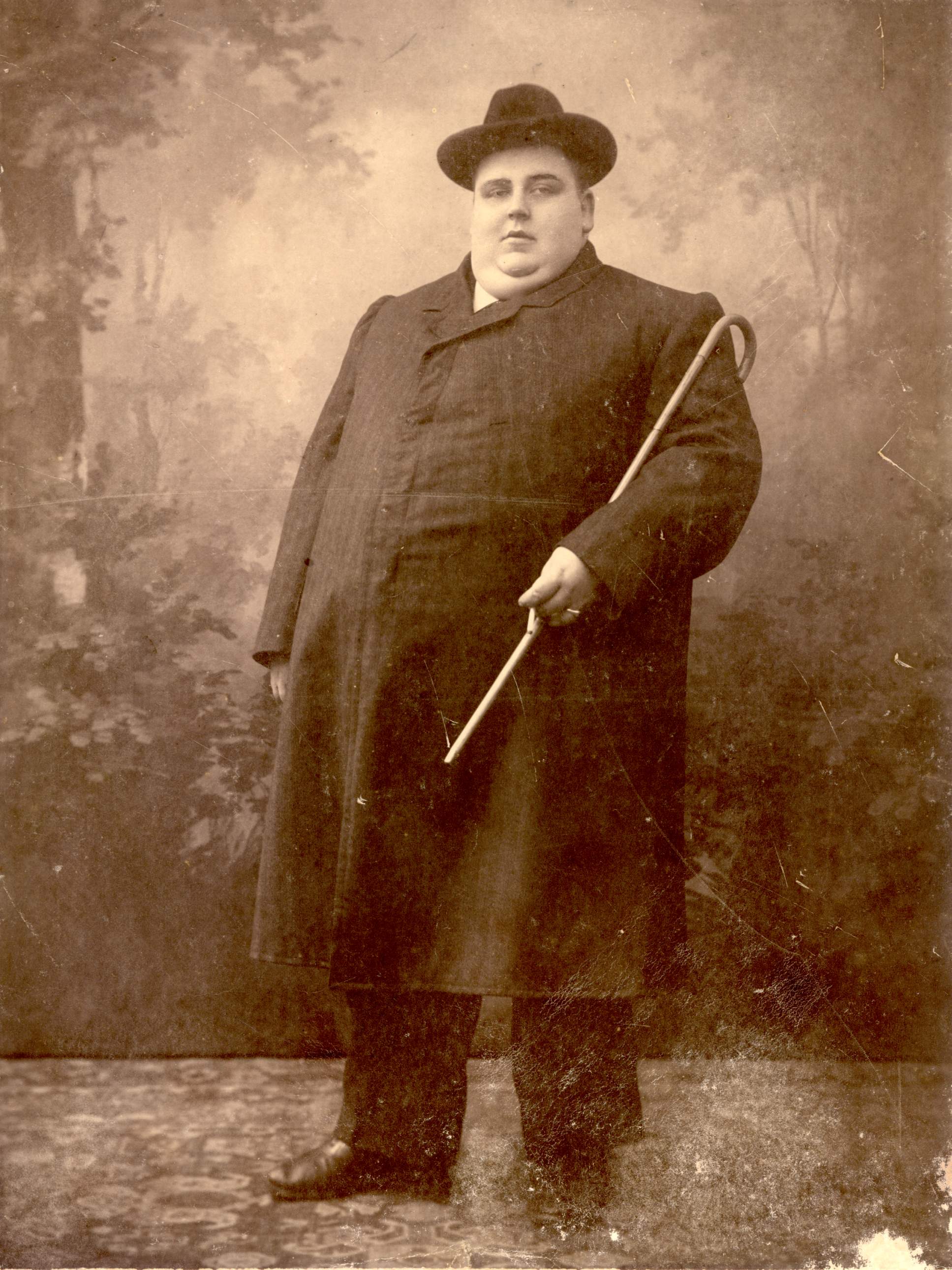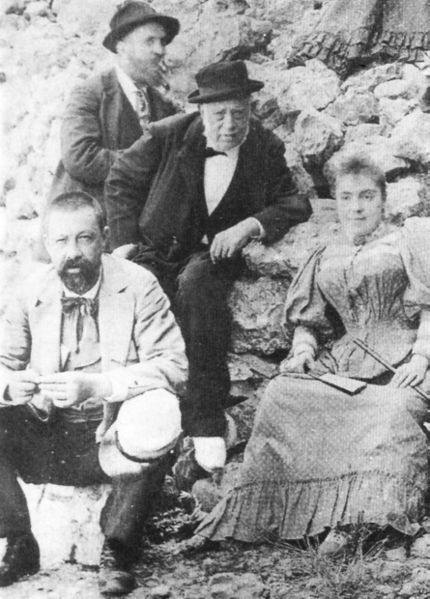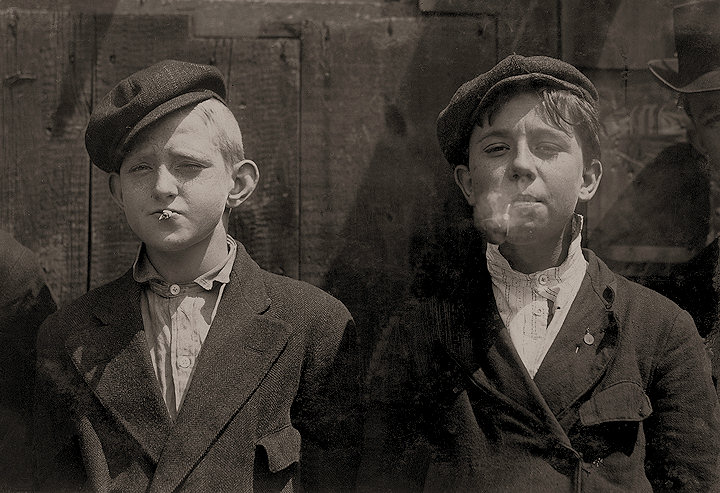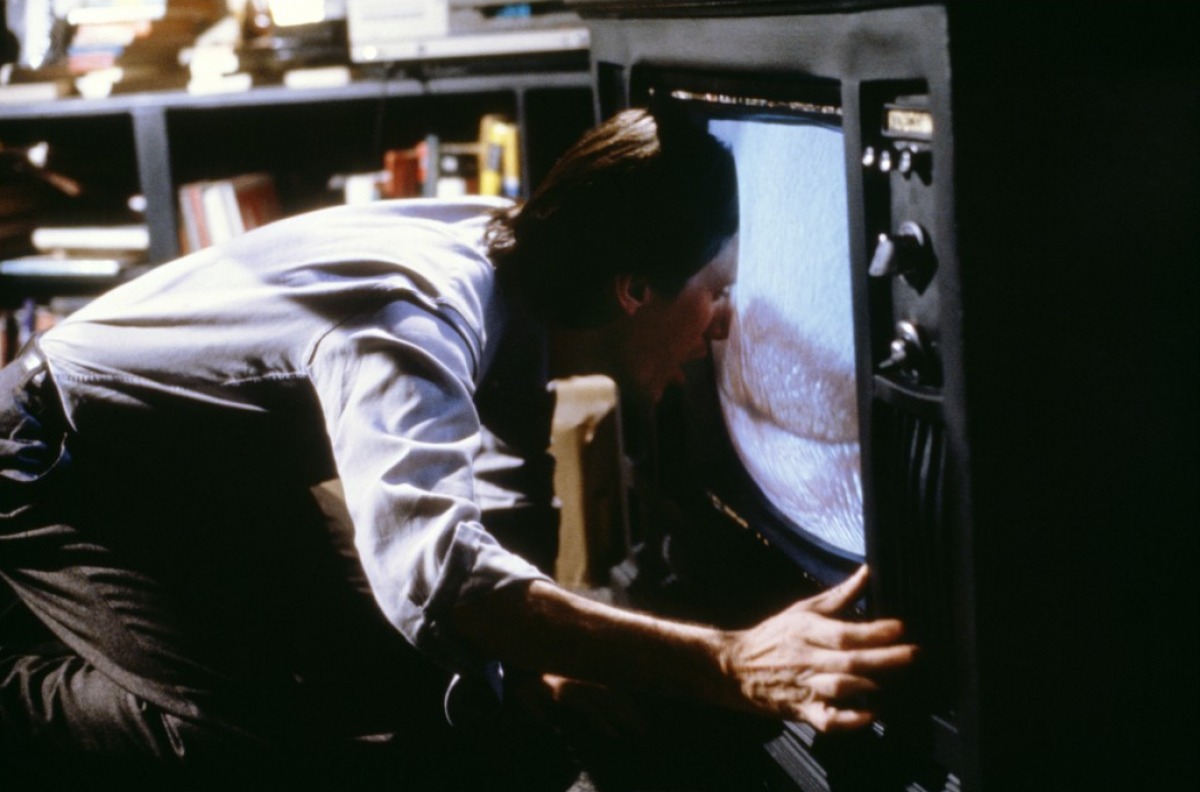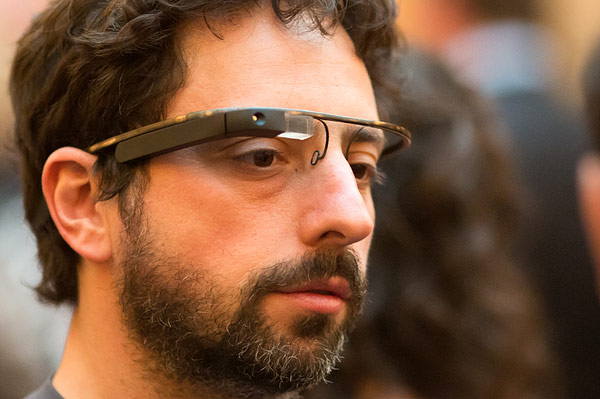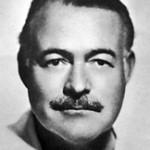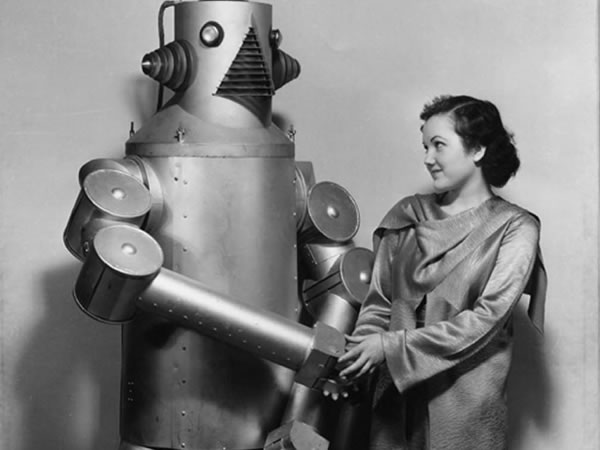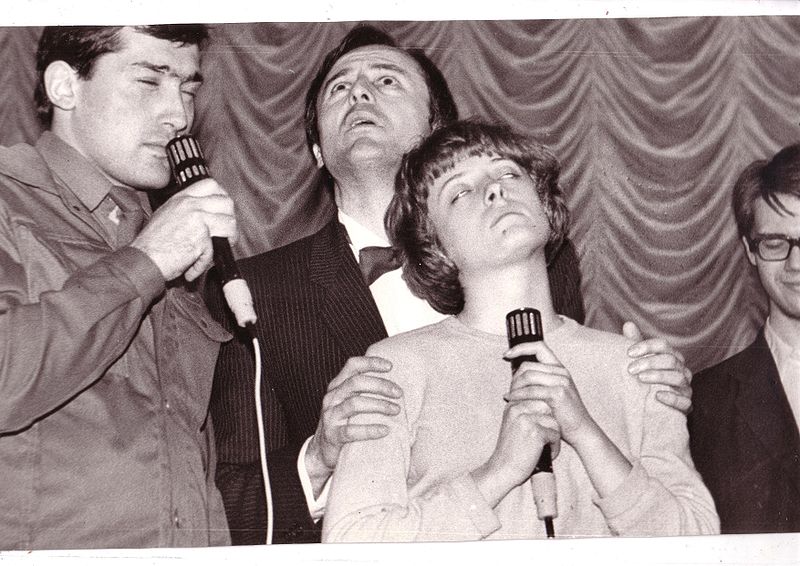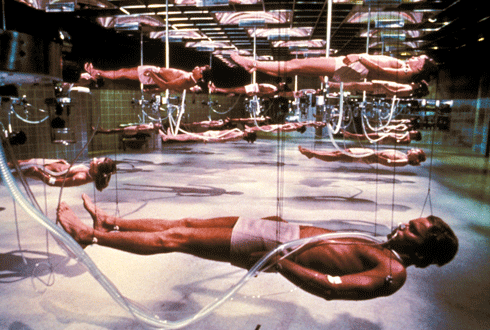
“His condition was filthy in the extreme.”
Members of the Lunacy Commission popped in on the hovel of a wealthy, naked pack rat one fine day and uncovered a remarkable story, as recounted in an article in the August 18, 1871 New York Times, which was apparently published before the invention of paragraph breaks:
“In the report of the Commissioners in Lunacy, just issued, an extraordinary case is mentioned in the list of lunatics found under illegal charge. It appears that the Commissioner, having learned that a gentlemen reputed to be wealthy, and about thirty-five years of age, whom they designate as Mr. A—, was living for ten years in seclusion at the chief hotel in B—, made inquiry which showed that such a person actually existed, that the manager of the hotel alone had access to him, and that his acts were scarcely consistent with sanity. Very soon one of the medical members of the Board, accompanied by the Secretary, paid a visit to the hotel, and inquired for Mr. M—, the manager. This person was not forthcoming, and, consequently, the doctor and his attendant made their way upstairs, and were going toward the apartments which they understood were occupied by Mr. A—, when they found the manager in the ante-room. Mr. M—, it seems, begged for delay; but the doctor, pushing him aside, opened a door, and speedily found himself in an inner and perfectly dark room, whence came a voice like that of a man under surprise and in alarm, demanding repeatedly what was the matter. Lights were obtained, and the visitors then saw what was before them. From wall to wall the room was literally blocked up with a mass of furniture and rubbish, from the midst of which emerged the head of a middle-aged and dark-bearded man. A single tortuous lane through this lumber led toward him, and the doctor had to pick his way over broken glass and crockery, bundles of candles, old clothes, parcels of stale biscuits, and other indescribable rubbish. No fire was in the grate, and, a curtain being drawn across the window, no daylight was visible. Behind a table, covered with bags of stuff, lay Mr. A— on a small, broken-down horsehair sofa, closely hemmed in on every side. He was enveloped with a rug, but without any other clothing. His condition was filthy in the extreme; his beard was upward of two feet long, the lower two-thirds being inextricably matted with filth and full of vermin. His hair was even more matted and dirtier than the beard, especially on each side over the ears, being in this condition even more than a foot in length. On his feet were some pieces of American cloth, under which was an admixture of filthy rags, paper and refuse tied with numerous strings about his toes, feet and ankles, the condition of which was extremely loathsome. The great toe nails were an inch and a half in length. The finger nails were also enormously long, and with the hands were very offensive to the sight. His legs, from being kept in one position, had become rigid, forming nearly a right angle with the thigh, and resisting the extension, although there appeared to be no swelling or tenderness. The face of the extraordinary person was pale and haggard; but his body, though emitting a powerfully-disagreeable odor, was fairly nourished. He had not washed for years, and though abundance of clothes was lying about the room, he had made no effort to get them. With all these strange appearances, however, Mr. A— appeared to be perfectly sane, and was able to give a rational account of himself, and the reason which had brought him there. In fact, his gentlemanly demeanor most strangely contrasted with horrible condition he was in, and made the sight more painful. The doctor soon ascertained that Mr. A— was possessed not only of the large estates, but a life interest of upward of $100,000; that some ten years ago he had gradually sunk into a nervous condition, which caused him to fancy that people regarded him as a lunatic, and he resolved to shut himself up away from the world. Taking rooms at the hotel, he gradually became more determined in his resolve; and then, having made arrangements with the manager, Mr. M—, to supply him with food, he changed his residence to the apartment where he was now discovered, and from that time had allowed no one to visit him. In this way he had existed for years, until the state of the room he was lying in, and particularly one adjoining, was such that the doctors and others who visited the place professionally express their astonishment that typhus fever had not been generated long ago. From what he said, he would gladly have left his place of seclusion some years since, and he was continually mourning the fact of his being shut out of the world, but the prevailing idea on his mind seemed to be that to accomplish this he must have someone to help him, and Mr. M— appears to have offered him no assistance. Frequently when he heard people talking below his windows he had exclaimed, ‘Oh, God! when shall I be assisted out of this state, and be able to mix again with the world.’ He seemed very anxious to know whether the doctor considered him out of his mind, saying that, although he was laboring under a delusion when he took up his residence at the hotel, he was now perfectly sane, quite disgusted with the state of affairs, and determined that if any attempt were made to show him insane he would spend his whole fortune to prove the contrary. He was very shortly afterward removed in a cab to the neighboring asylum, and there placed in a chair, in which he appeared unable to sit upright, but cowered down with his head bent over his knees, drawing at the same time a large piece of baize over him, concealing his features, which, when exposed, were nervously agitated. Upon his hair being cut, he begged earnestly that no one might be allowed to see it, or the old rags with which he had covered himself. He was afterward placed in a bath, where he proceeded to cleanse himself vigorously, and then being put to bed, some warm brandy and water was given him. Although he at first refused to take proper food, he gave way very soon to the advice of those under whose care he was placed, and expressed his great desire to and in any means which might be adopted for endeavoring to restore the power and motion to his stiffened joints. Although at first his statements were somewhat incoherent, his powers of memory appeared remarkably good, and his conversation was, as a rule, marked by intelligence and shrewdness of mean order. The only semblance of delusion was the idea–frequently repeated by him–that it was necessary to have someone of stronger will than his own which he found inadequate to assist in resuming his position in society. His great regret appeared to be that he had not met with the doctor who first visited him ten years ago, as he said that he only needed a little help to have been enabled to conquer the disposition to seclusion which eventually overcame him. After he had been under medical treatment for some time, and it was found that he was in no way insane. Mr. A— was allowed to leave the asylum, he being exceedingly anxious to go out into the world again. It is not stated in the report which was issued July 23 whether proceedings of any sort were taken against M—, the manager of the hotel.”



